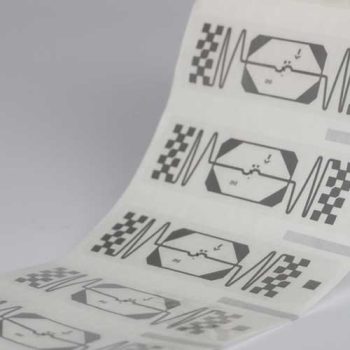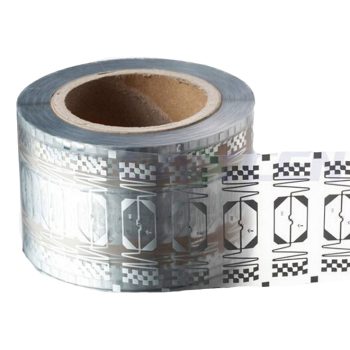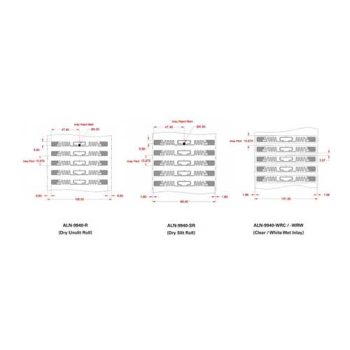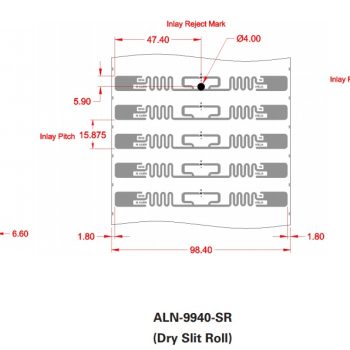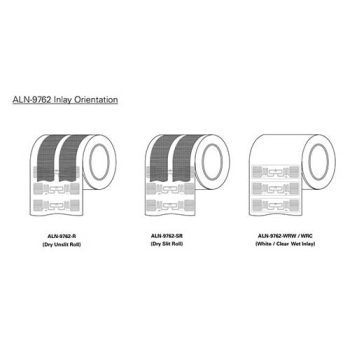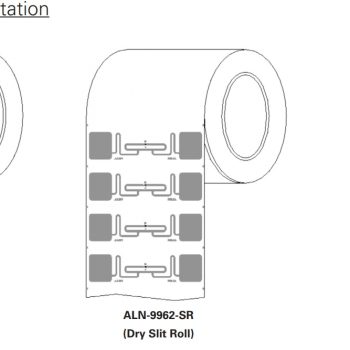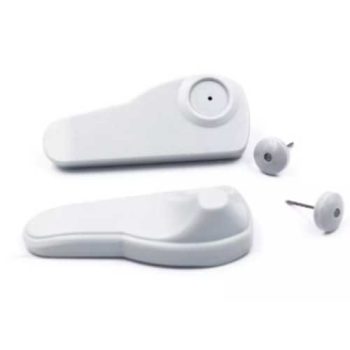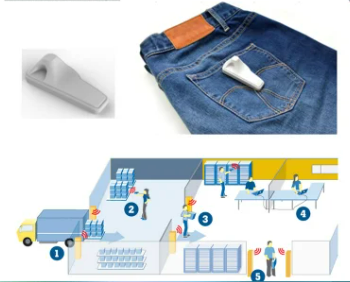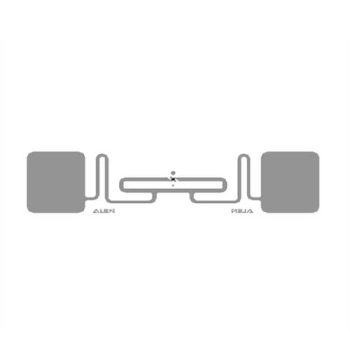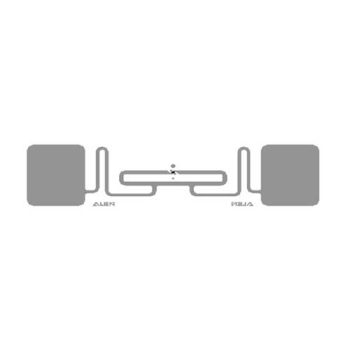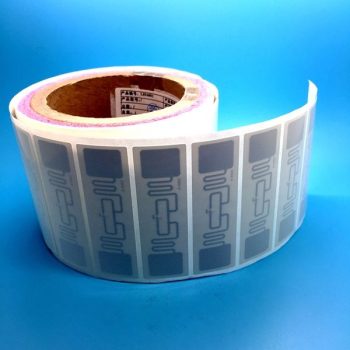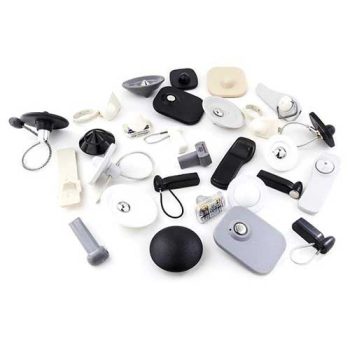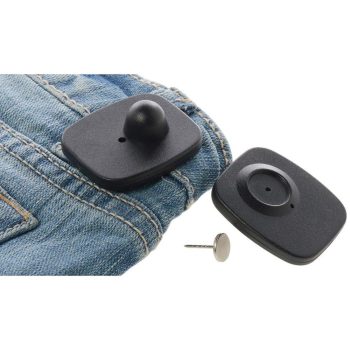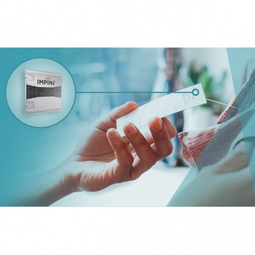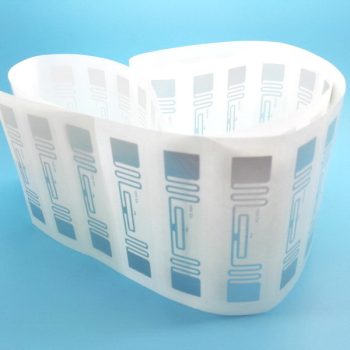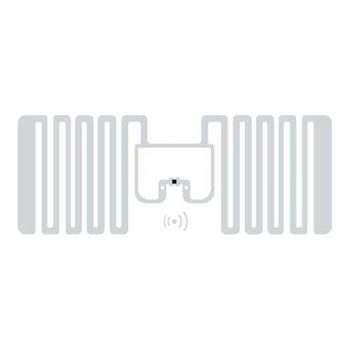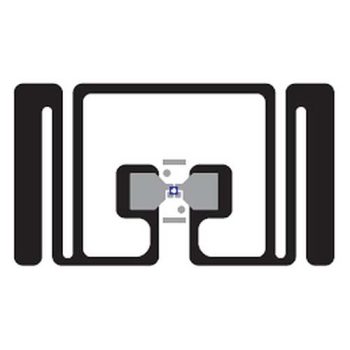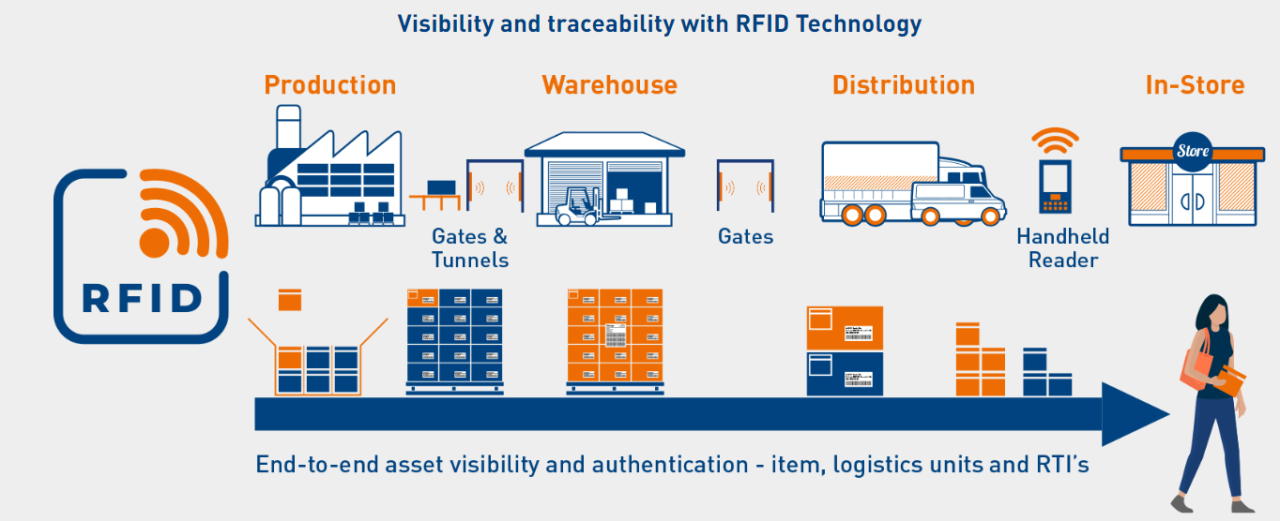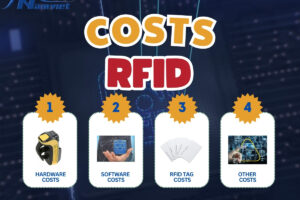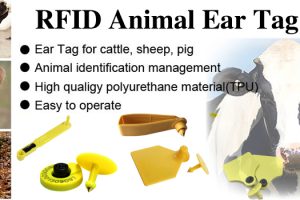RFID technology is no longer a future trend; it has become an essential tool for businesses aiming for sustainable growth in the digital age. The application of RFID technology helps optimize processes, reduce costs, and enhance customer experience. The following article by IT Nam Việt will provide readers with a deeper understanding of RFID technology and its applications in daily life. Don’t miss it!
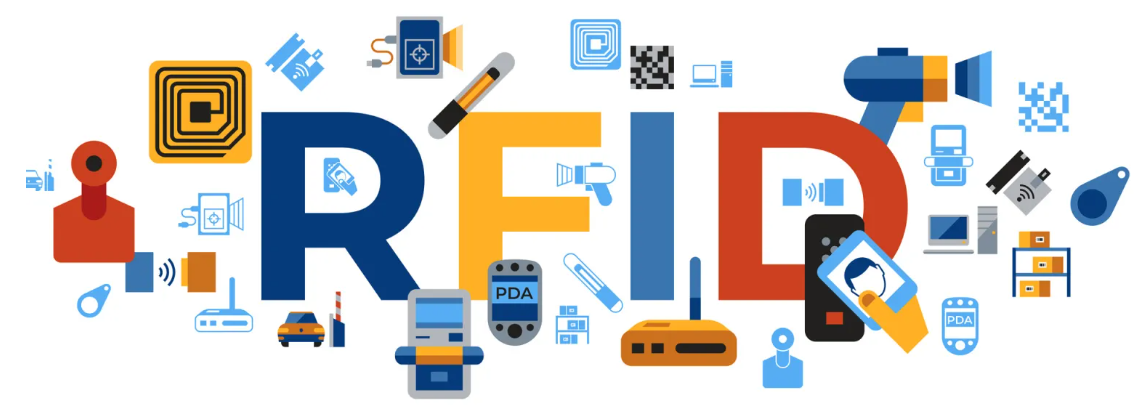
What is RFID Technology? Operating Principle of an RFID System
RFID stands for Radio Frequency Identification, a technology used for identifying objects via radio waves. RFID technology allows users to identify objects through a radio frequency transmission and receiving system, providing the most efficient, accurate, and quick management.
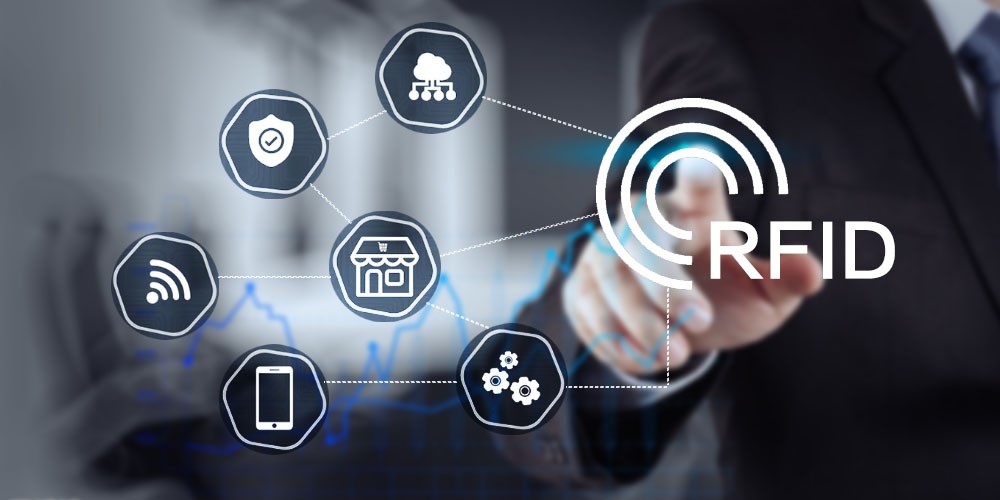
What Are the Main Components of an RFID System?
A complete RFID system typically consists of both hardware and software components:
RFID Hardware Components:
- RFID Tag: RFID tags are designed to store and transmit information through radio waves, enabling the identification of objects. An RFID tag is a tracking system that uses radio frequency to search for, identify, track, and communicate with items and people.
- RFID Reader: Known as an RFID reader, this device collects information from the RFID tag and is used to track individual items. Radio waves are used to transmit data from the tag to the reader. There are three common types of readers: passive readers for active tags, active readers for passive tags, and active readers for active tags.
- RFID Antenna: The antenna allows the transmission and reception of wave signals, which activate and communicate with the tag.
RFID Software: Integrating business management software systems like ERP, MES, PLM, SCM, etc., allows the data processed by the server to be used for making effective business strategies and decisions.
Operating Principle of an RFID System
The RFID reader emits electromagnetic waves at a specific frequency, and any RFID tag within the operational range senses these waves, absorbing the energy and transmitting its identification code back to the RFID reader. At that moment, the RFID reader can identify which tag is active within the electromagnetic field.
Advantages of RFID Technology
RFID technology is highly regarded by users due to its exceptional advantages. RFID utilizes a wireless system that transmits and receives radio waves, allowing data in RFID tags to be automatically read without requiring direct line-of-sight for scanning.
With RFID technology, information can be read through various environments, including concrete, snow, fog, ice, etc. This is a significant advantage that RFID offers over other technologies, such as barcodes. RFID can read data from a long distance, up to hundreds of meters, offers high security, and can read multiple tags simultaneously. Additionally, RFID tags are reusable, unlike barcodes, which are typically used only once.
However, RFID technology does have certain limitations. The signal from RFID tags can be affected by materials like liquids or metals, causing interference and reducing accuracy. Additionally, the cost of implementing an RFID system is generally higher than that of other technologies, which can pose an economic challenge for many businesses, agencies, and organizations.
Applications of RFID Technology in Daily Life
Some common applications of RFID technology in daily life include:
Automatic Vehicle Parking RFID Cards
By applying RFID technology, RFID tags can be attached to cars, motorcycles, etc., to automatically identify and charge fees when vehicles enter and exit parking lots. As vehicles approach the entry or exit gate, the RFID reader system reads the tag information and automatically charges the fee without requiring direct interaction between the driver and parking staff. Currently, RFID technology is also used in automatic road toll collection, helping to reduce traffic congestion.
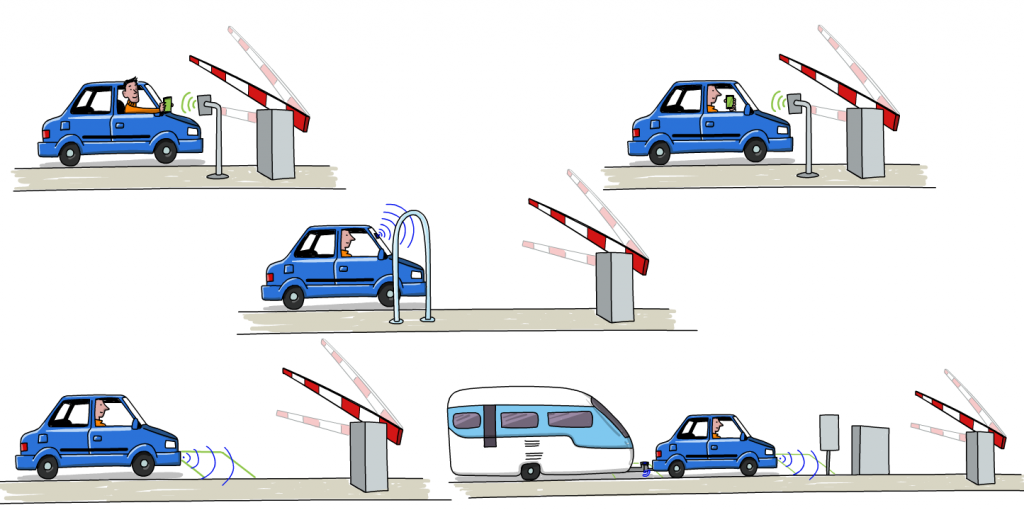
RFID Technology in Asset Management
RFID tags can be attached to assets, machinery, and equipment, allowing users to track and update their locations remotely. This helps improve and enhance the efficiency of asset management for individuals and businesses, minimizing unnecessary losses.
RFID Technology for Access Control
RFID is used for controlling access to buildings or secure areas. Users need to carry an RFID card for authorization, and when the card is presented to a reader, the system verifies the information and decides whether to grant or deny access, providing security for the area.
RFID Technology in Libraries
RFID technology in libraries not only offers readers an optimal book borrowing and returning experience but also enhances the library management process efficiently, saving time and labor costs. By applying RFID technology, librarians can manage thousands of books easily, accurately, and quickly. RFID’s non-contact, long-distance reading, fast reading, and ability to read multiple tags simultaneously make inventory management faster, more accurate, and more effective.
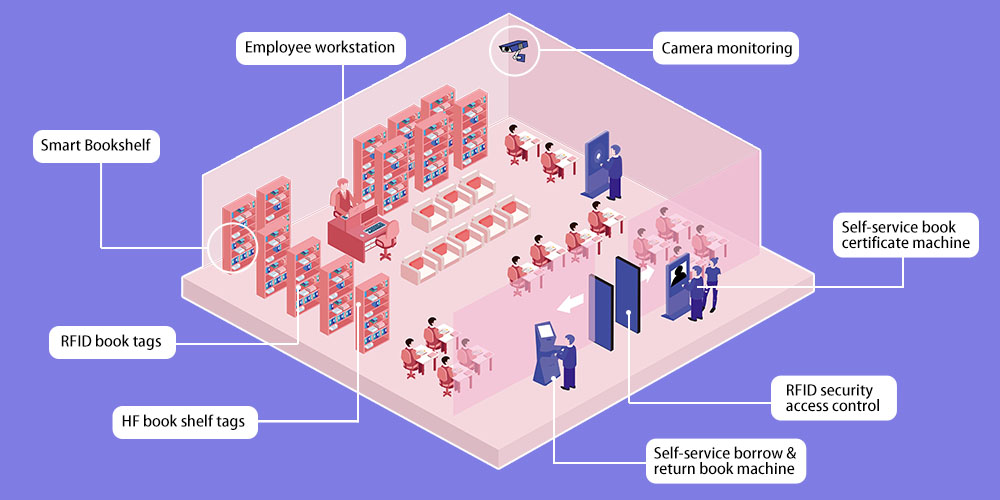
RFID Technology in the Fashion Industry
Each fashion item is equipped with a small RFID tag containing detailed information about the product, such as product code, size, color, production date, and origin. Customers can easily search for desired products, check detailed product information, and make quick payments thanks to RFID technology. Moreover, by applying RFID technology, you can easily verify the authenticity of products, helping to prevent price tag tampering and reduce counterfeit and imitation goods.
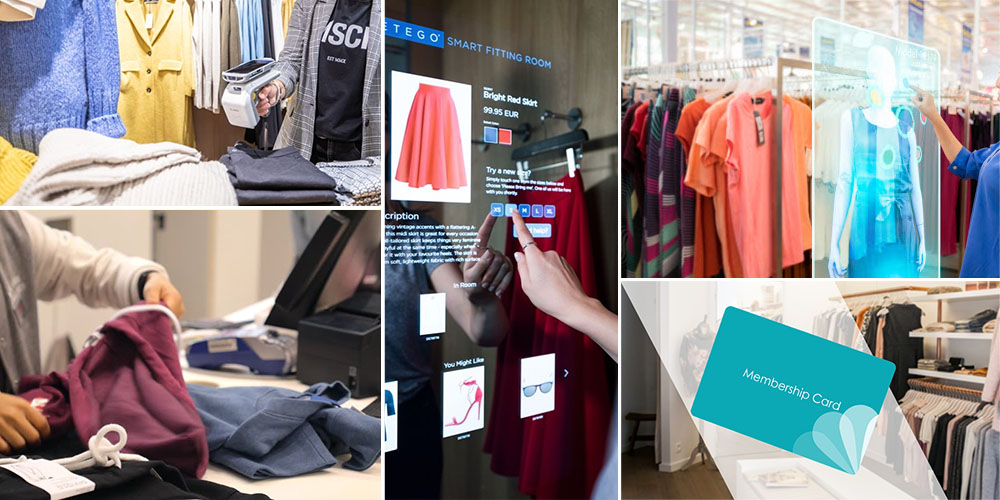
RFID Technology in Food Supply Chain Management
By applying RFID technology, you can easily track the origin, production date, expiration date, and other details of food products within the supply chain. Through the information on RFID tags, consumers can also check detailed product information easily, ensuring the highest level of food safety.
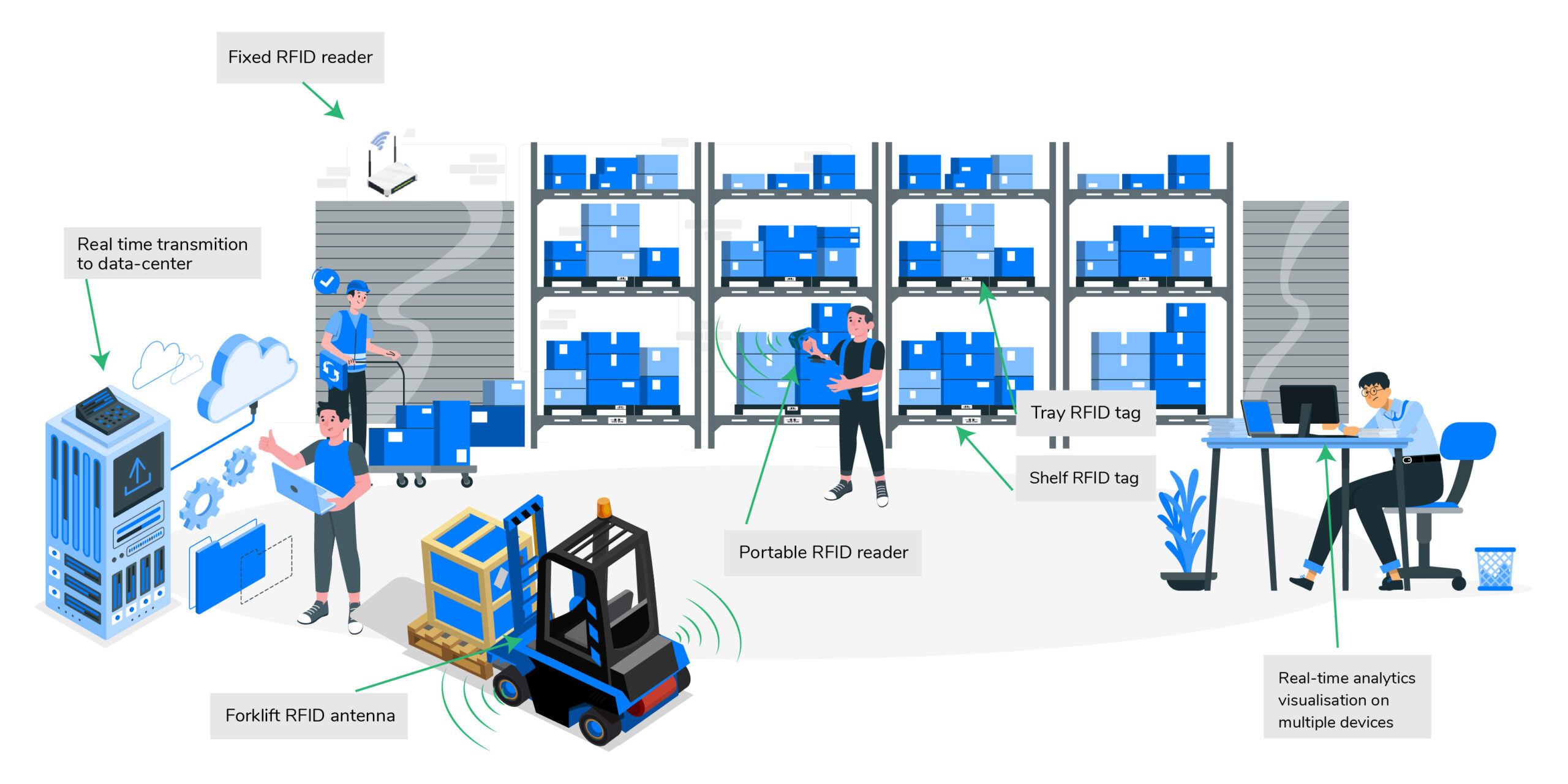
RFID Technology in Shopping Experience
RFID technology is now being applied in interactive shopping models, where consumers’ RFID cards or smartphones are connected to the product. When customers present their card to a reader or move the product near the reader, they receive detailed information about the price, product origin, technical specifications, etc. This helps consumers make more informed and suitable decisions when choosing products.
RFID Technology in Wildlife Management
RFID technology is currently used in wildlife conservation and research programs to monitor and protect wildlife. Animals are tagged with RFID, allowing managers to track their location, activities, and health. RFID readers can also detect unauthorized access to conservation areas, helping protect wildlife from poaching and habitat destruction.
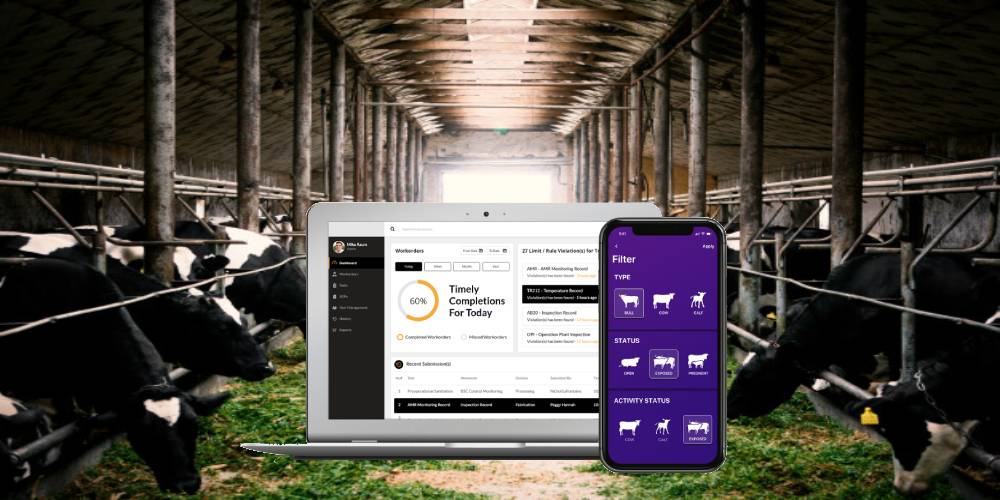
RFID Technology in Waste Management
RFID (Radio Frequency Identification) technology is emerging as an effective solution for improving the efficiency of waste management, from collection, sorting, and transportation to disposal. Each waste bin is equipped with an RFID tag, allowing the identification and tracking of its status (full, empty, in need of repair, etc.). Additionally, RFID tags are attached to waste collection vehicles to track their routes, ensuring that waste collection is carried out according to plan.
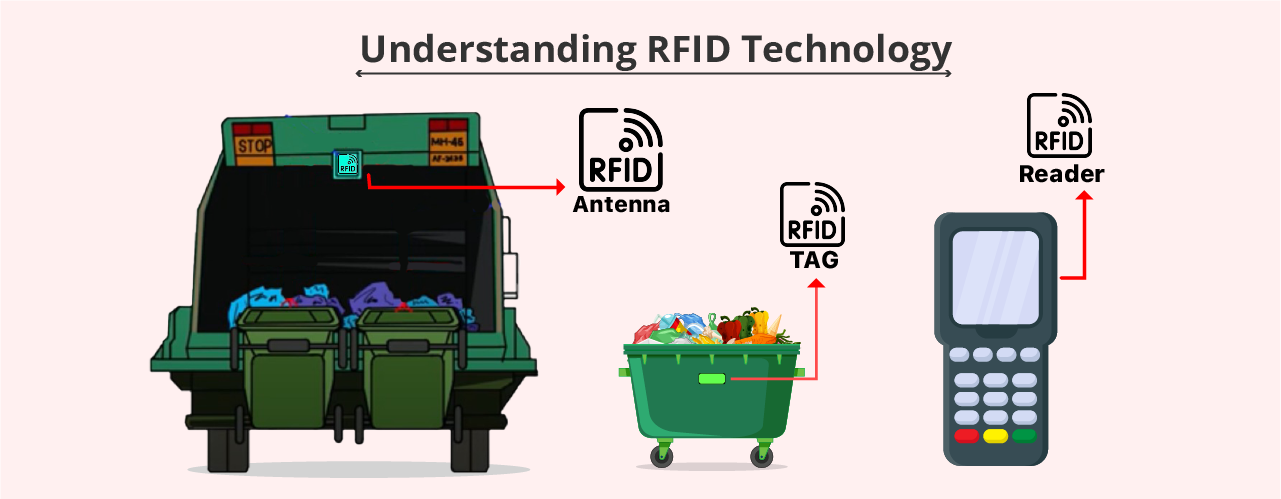
On the other hand, RFID technology allows tracking the location of goods throughout the transportation process from the manufacturer to the warehouse, and finally to the customer. RFID readers can scan multiple tags simultaneously, speeding up the receiving process and reducing waiting times.
RFID Technology in Healthcare
This is considered one of the most useful technology applications in the healthcare industry today. RFID technology enables doctors and medical staff to easily track the patient’s medical process, from admission and examination to treatment and discharge in hospitals or clinics. Additionally, RFID tags are attached to medical equipment to help clinics and hospitals monitor their usage and maintenance status, ensuring that the equipment is always ready for use when needed.

My name is Le Nam Viet, currently FOUNDER & CEO of Nam Viet IT Company, I graduated from Ho Chi Minh Polytechnic University. I have more than 3 years of experience providing RFID chip technology solutions, RFID scanners, barcode labels and barcode readers. It’s a pleasure to share my knowledge with readers.



 Tiếng Việt
Tiếng Việt
